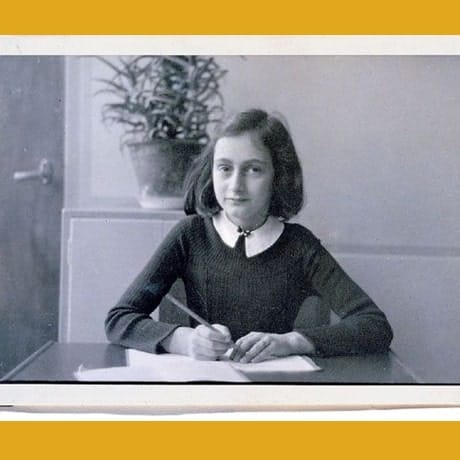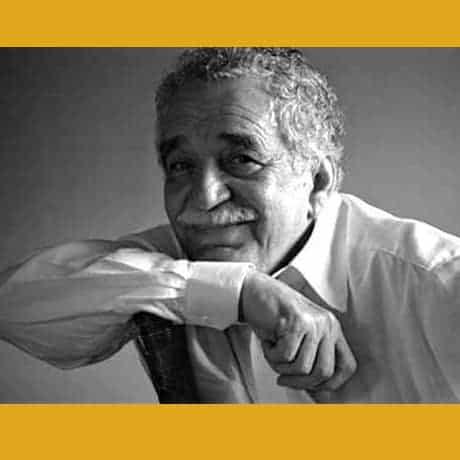Montessori
Traditional

Active Individualized Learning
through stimulating and multi-sensory teaching materials.

Multi-age Classrooms
mirrors a more natural social environment and fosters self-motivation. Students enjoy working for their own sense of accomplishment.

Freedom of Choice
involves decision-making. Students select their work according to individual interests

Working at One’s Own Pace
enables students to work for long periods without interruption. Each individual works at his potential, independent of the class.

Integral (Interwoven) Education
balances academic work with freedom of movement and harmony is created between physical, social and mental activities. There is an interrelationship between subjects.

Independence
is fostered by a classroom designed to encourage development.

Self-Evaluation
occurs as students learn to evaluate their work objectively through the use of self-correcting teaching materials and individual work with the teacher.

Reality-Oriented Education
maintains concrete; first-hand experience is the basis for abstraction.

Close Student-Teacher Interaction
enables complete and precise evaluation of student’s progress, both academically and psychologically.

Passive Class Learning
through teacher-centered class lessons and class-wide paperwork.

Chronological Grouping
requires external rewards such as grades, and creates an environment that fosters both competition and social conformity.

Class Curriculum
demands all students cover the same work at the same time at the same pace.

Group Learning
involves each academic subject being scheduled for a limited period. Each student is directly affected by the progress of the whole class.

Fragmented Education
provides academic subjects that are not interrelated. Periods of intense mental efforts are alternated with periods of vigorous physical activity to release tension.

Dependency
is promoted since the activities are initiated by the teacher.

Class Comparison
occurs as work is evaluated and graded by the teacher. Students evaluate themselves against the group as being the best or worst in the class.

Abstract Education
has students learning through mechanical memorization.

Class-Oriented Teaching
prevents close interaction between individual students and teacher. Standardized tests are necessary to determine student progress.













